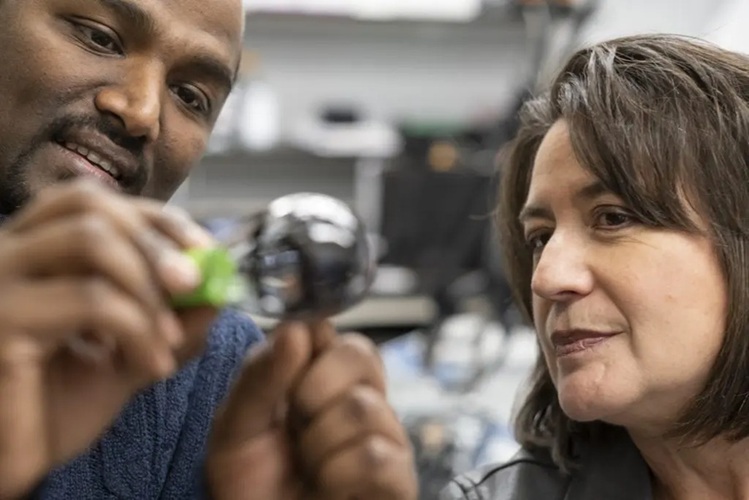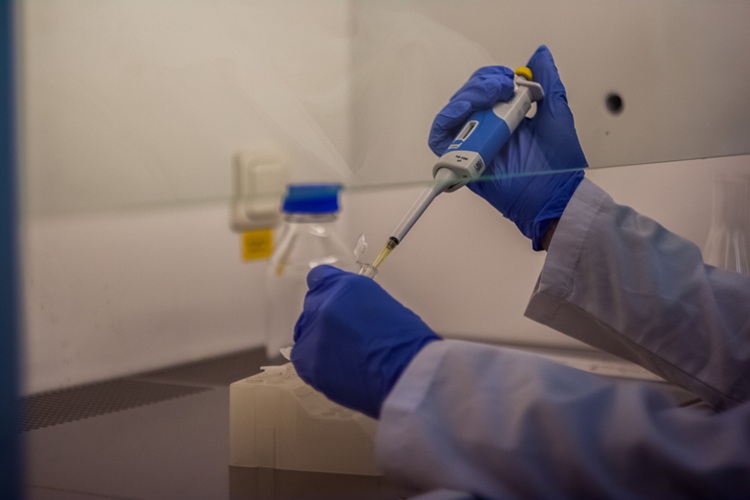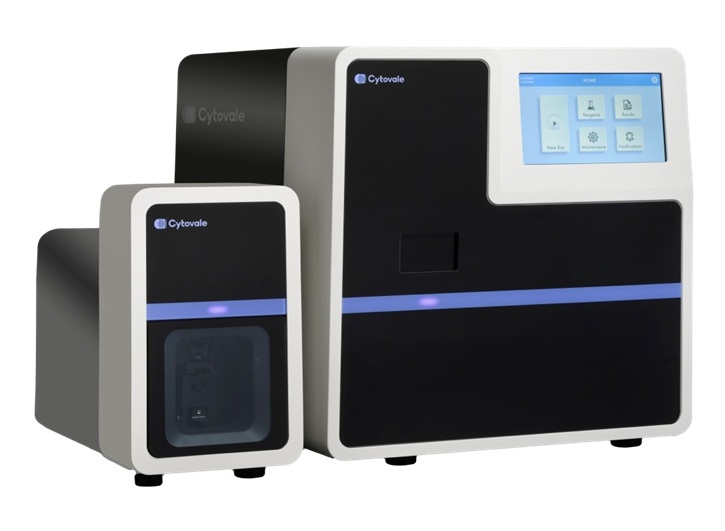Clinical Data on New Assay Panel Demonstrates Accurate Assessment of Pancreatic Cancer Risk
Posted on 31 Jul 2025
Pancreatic cancer is the third-deadliest cancer in the US. Early detection is key to improving the survival rate. One window to early diagnosis is pancreatic cystic lesions (PCL), a known precursor lesion for pancreatic cancer. Patients diagnosed with pancreatic cysts are at higher risk of pancreatic cancer, but many of these cystic lesions are benign, so risk stratification tools are critical. Now, new clinical validation data presented at ADLM 2025 highlights recent findings related to the stratification of PCLs, a complex and increasingly common clinical challenge.
The work builds on PanCystPro, a CLIA-cleared assay from Amplified Sciences (West Lafayette, IN, USA), which is designed to assist clinicians in the risk stratification of patients diagnosed with PCL by distinguishing between mucinous and non-mucinous cysts using comparatively less fluid. The PanCystPro test uses a proprietary platform that enables ultrasensitive detection of multiple biomarkers in small volumes of pancreatic cyst fluid. This multianalyte assay utilizes a robust algorithm and features a novel protease activity assay, enabling better biological insight to inform risk stratification of PCL. This multianalyte assay utilizes a robust algorithm and features a novel protease activity assay, enabling better biological insight to inform risk stratification of PCL.

This highly accurate test allows clinicians to define low-risk and/or benign pancreatic cysts, ruling out potential for malignancy, thus resulting in significant cost savings and patient peace of mind. In testing among several clinical cohorts, the assay provides the advantages of increased accuracy, high negative predictive value, a robust panel of biomarkers including the measurement of important protease activity, and a significantly reduced volume of pancreatic cyst fluid required. This test will address the need of gastroenterologists, pancreatic biliary surgeons, and other clinicians for better diagnostic tests to manage patients diagnosed with pancreatic cysts. At ADLM 2025, Mini Thomas, PhD, Principal Scientist, is highlighting recent findings related to the stratification of PCLs.
“The data show high accuracy and predictive value in grading dysplasia in pancreatic cystic lesions—a key risk factor for pancreatic cancer. These results highlight the potential of our diagnostic platform BioMatra and support the assay panel’s ability to reliably classify dysplasia in high-risk lesions, such as Intraductal Papillary Mucinous Neoplasms (IPMNs),” said Diana Caldwell, CEO of Amplified Sciences. “With minimal sample volume requirements, this approach will support earlier risk stratification, an important step given that nearly 80% of pancreatic cancer cases are diagnosed at a late stage.”
Related Links:
Amplified Sciences













